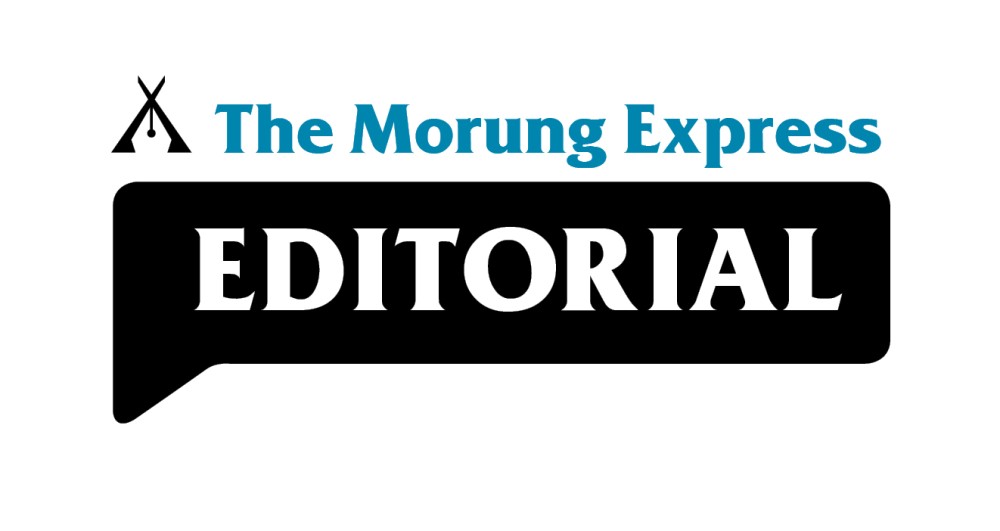
By - Akangjungla
The Naga people have long prided themselves on their rich cultural heritage, woven together by the diverse traditions of numerous tribes. Yet, beneath this vibrant tapestry lies a persistent challenge, ‘tribalism’ that threatens to unravel the very fabric of our society. While tribal identity has historically provided a sense of belonging and continuity, its modern manifestations often foster division, inequality, and stagnation. If we are to move forward as a united people, we must confront the damaging effects of excessive tribalism and strive for a more inclusive future.
One of the most obvious consequences of unchecked tribalism is the fragmentation of our collective voice. In matters of governance, development, and even social justice, tribal loyalties frequently take precedence over common goals. This division weakens our ability to advocate effectively for broader Naga interests, leaving us vulnerable to external pressures and internal discord. Political representation, instead of being based on merit and vision, is often influenced by tribal considerations, leading to leadership that prioritize narrow interests over the wellbeing of all Nagas.
Equally troubling is the role of tribalism in promoting inequality. Opportunities in education, employment, and resource allocation are frequently distributed along tribal lines, favouring some while marginalizing others. This systemic bias not only breeds resentment but also wastes the potential of countless individuals whose talents are overlooked simply because of their tribal background. A society that judges capability by lineage rather than merit can never hope to achieve its full potential.
Historical tribal rivalries, though often rooted in minor or outdated disputes, continue to cast a long shadow over inter-tribal relations. Land conflicts, political representation, and even cultural pride are too often conditioned, fuelling mistrust and hostility. Instead of addressing these issues through dialogue and mutual respect, we allow old wounds to fester, preventing meaningful reconciliation. The persistence of such divisions only serves to weaken our social unity and obstruct progress.
The Naga political struggle, once a unifying force, now risks being undermined by tribal factionalism. External forces have long exploited our divisions, and yet we continue to provide them with the very tools to divide us. If we are to secure our rights and future, we must rise above tribal allegiances and present a united front. The strength of the Naga people has always lain in their “shared” history and aspirations, not in their distinctness.
There is no denying the value of tribal identity in preserving our cultural diversity. However, when tribal pride transforms into exclusion or dominance, it becomes a destructive force. The way forward requires conscious effort, from leaders who prioritise unity over tribal politics, from communities that embrace inter-tribal dialogue, and from individuals who reject favouritism in all its forms. Education must play a pivotal role in fostering a broader Naga identity, one that celebrates tribal heritage while emphasizing our “shared” destiny.
The choice before us is clear, we can either remain shackled by the divisions of the past or forge a path toward a more united and equitable society. Tribalism need not be abandoned, but it must be tempered with a commitment to the greater good. The time has come for the Naga people to transcend tribal barriers and work together for a future where progress, justice, and unity are not mere ideals, but lived realities.
Comments can be sent to akangjungla@gmail.com






